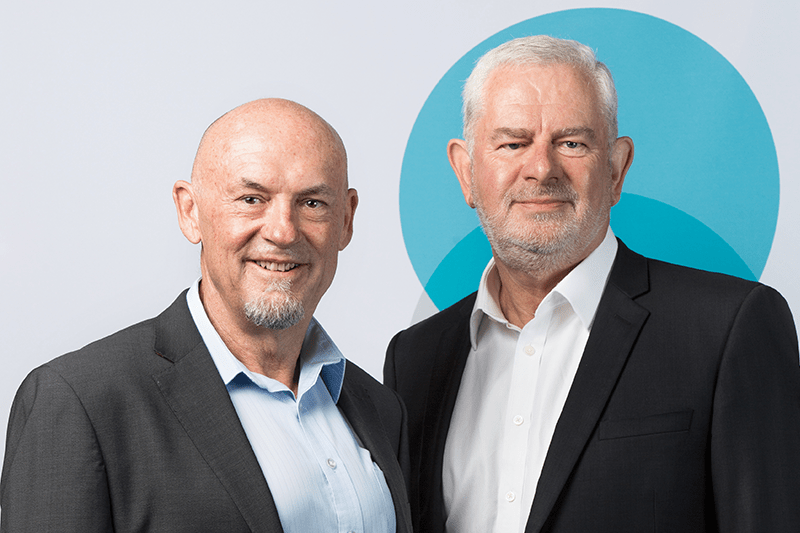By Mark Teale on 25 February 2019
As we age our bodies and minds start to become a little feebler. No doubt, we will find that we are relying on care provided by relatives, our partners or by the government in the guise of a home care package, which we have discussed previously.
The role of the individual carer is extremely important and in many cases, a selfless act for a person that they love.
There are 2.7 million unpaid carers in Australia, approximately 856,000 are primary carers - those who provide most of the ongoing informal assistance to a person. Two-thirds of these primary carers are females with an average age of 55. Over half are providing care of at least 20 hours per week and a third more than 40 hours of unpaid care.
To assist these unpaid carers, the government does offer three payments, all these payments will depend on carer’s circumstances and the level of care that the carer is providing,
The first of these payments is the Carer Payment. This payment is similar to the age pension and is subject to the same income and assets test that is applicable to the age pension. However, there is also an income and assets test which is applied to the care receiver and if the care receiver’s income and assets are above these levels then no Carer Payment can be made to the carer. The current maximum Carer Payment for a single person is $916.30 per fortnight.
The second payment is the Carer Allowance, again this is a fortnightly payment – currently $129.80 - which can be paid in addition to the Carer payment, it not is subject to an assets test but is subject to an annual adjusted taxable income threshold of $250,000.
The third payment is the Carer Supplement which is an annual lump sum payment of $600 paid to assist with the costs of caring for a person with a disability or a medical condition. You are entitled to this payment if you are receiving either the Carer Payment or the Carer Allowance.
Of course, all these payments are subject to the provision of medical evidence to show that the care receiver does have a severe disability, medical condition or is very frail in their old age and do require substantial daily care.
I have not gone into a lot of detail because it can be a complex area, however, I do believe that if you feel that in your current situation where you are providing a substantial level of care for a parent, partner or any person, that you may qualify for one or all three payments, do not hesitate talk to someone who is able to help and provide direction.
Any financial assistance just like a “Carer” can be a blessing and of enormous assistance.



comments